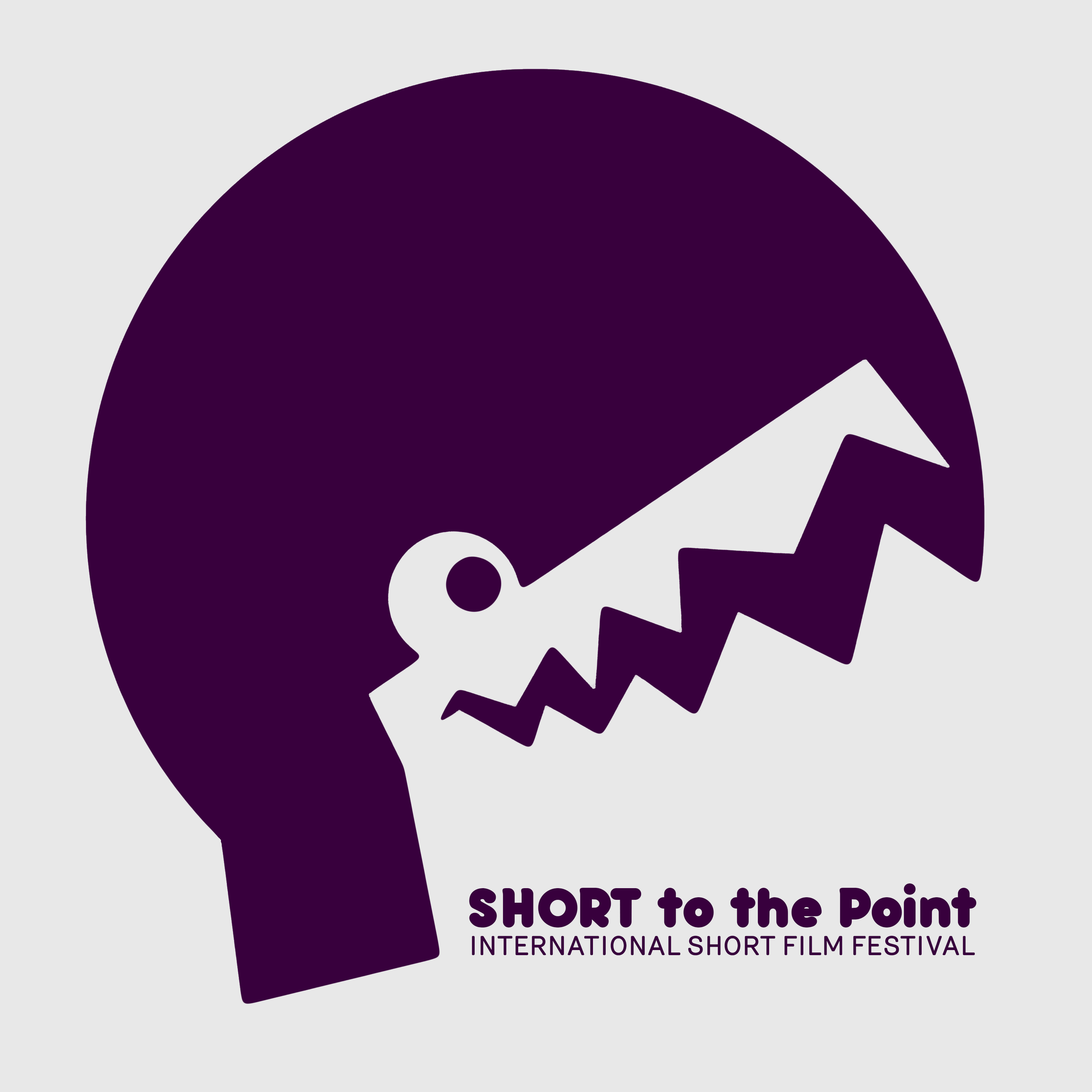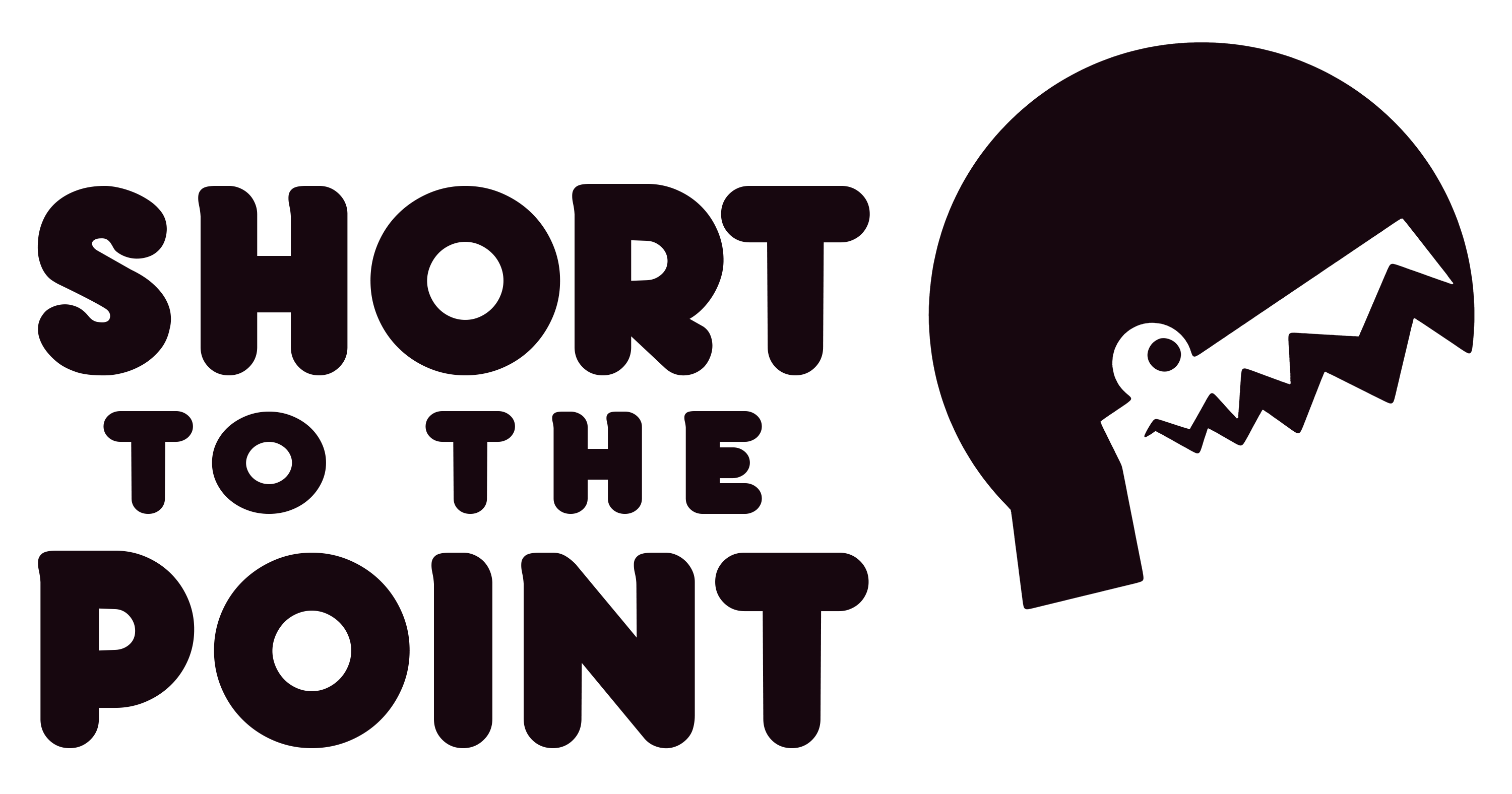- Was there a particular event or time that you recognized that filmmaking is your way of telling stories?
I was already very interested in the medium when I was at school in the early 90s. If there were group projects where you had the opportunity to work with film, it was always my first choice. since I didn’t have a professional film editing programme or a computer at the time, the films were simply edited together with the help of DV cameras and VHS recorders by transferring the desired scenes to a master tape using a dubbing cable.Very rude editing. Later, during my art studies, I worked on some of my fellow students’ film projects until 2020, when I got my first opportunity to realise a short film project with my own team.
- Do you think it is essential to go to a film institute in order to become a successful filmmaker?
That may sound trite, but no. I don’t think so. If you really develop an interest in a profession and have a clear idea of what you want to achieve, you can do it without a certificate from any film school. There you learn a lot of theory that doesn’t help you much later on in your professional life. I think it’s important to find the right people who pursue similar goals and also love film. That’s no problem nowadays via platforms on the internet.And than, just go for it.
- Is it harder to get started or to keep going? What was the particular thing that you had to conquer to do either?
When the previous films have been successful and have been well received, you want to improve on the next projects. the demand increases and you don’t want to disappoint your audience. Many ideas have been there before and you are looking for your own individual way to tell your story. Sometimes it therefore takes some time until you are aware of what you actually want to tell the world.
- What was the most important lesson you had to learn that has had a positive effect on your film? How did that lesson happen?
If you yourself believe in your idea and are on fire for it, it’s easy to bring other people along with you. If everyone in your team is professional, aware of their task and you trust them and trust their own creativity, then something special will grow out of it.
- What were the production realities from casting through editing that you had to accommodate? How did you navigate those compromises or surprises and still end up with a cohesive film?
We only had one day of shooting and a team of 16 people on set. A lot of logistical planning in advance and very good communication between everyone involved in the team was necessary in order to manage the planned workload in the available time.Post-production was also a bit of a challenge as the team was spread across Europe. Playing the large amounts of data back and forth across servers was really nerve-wracking. But in the end everything worked fine.
- What was the hardest artistic choice you made in the making of a film, at any stage in production?
We had to completely rearrange the storyline in post-production. The editor was also replaced. That was very good for the end result and was an important artistic decision in the process.
- You are a collaborator. How have you discovered members of your team and how do you keep the relationship with them strong?
I got to know part of my team at industry events. Then one knows a color grader, or the other a make-up artist. This is how recommendations are made and you get to know each other. You stay in touch, follow each other on social media, Linked In and are informed about what is happening in the lives of others or upcoming projects.
- What do audiences want? And is it the filmmaker’s role to worry about that?
I think when it comes to large commercial film productions that cost thousands or even millions of dollars, it’s important to think about what the audience wants and do some trend research beforehand. For small independent productions – like mine – it’s unnecessary. I think about what I want to tell and what I enjoy. The audience for it finds itself on its own when you as a viewer feel the passion and joy in the film.
- What role have film festivals played in your life so far? Why are they necessary? How do you get the most out of them?
Some of my films have been very successful at international festivals and have received awards. This encourages further projects to be tackled. Film festivals are important platforms. They enable filmmakers to present their work to a wide audience and to make a name for themselves in the industry.
- Do you believe that a filmmaker should be original and fresh or he/she should stick to classic but safe cinema style?
It’s always worth taking risks and trying out new ways of storytelling. In film as in life. You can be inspired by classic narrative styles. But by experimenting you learn a lot about yourself and develop something like your own style. I think that’s more exciting for the viewer in the end.










